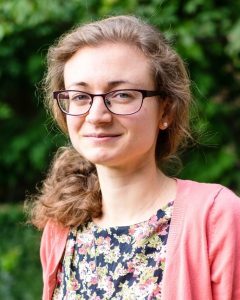
A natural experimental study of London’s Ultra Low Emission Zone on children’s travel to school
Abstract Overview
Background: The Ultra-Low Emission Zone (ULEZ), introduced in Central London in April 2019, aims to enhance air quality and improve public health.
Purpose: To assess the impacts of the ULEZ on active travel to school after one year
Methods: The Children’s Health in London and Luton study is a prospective parallel cohort study of ethnically diverse children, aged 6-9 years attending 84 primary schools within or with catchment areas encompassing London’s ULEZ (intervention) and Luton (control) with baseline (2018/19) and one-year follow-up (2019/20). Children reported their travel mode to school at (n=1992, 58%). Multilevel logistic regressions were performed to analyse associations between the introduction of the ULEZ and the likelihood of switching from inactive to active travel modes, and vice-versa. Interactions by age, sex, ethnicity, distance to school, and car ownership also explored.
Results: Among children who took inactive modes at baseline, 42% of children in London and 20% of children in Luton switched to active modes. For children taking active modes at baseline, 5% of children in London and 21% of children in Luton switched to inactive modes. Relative to the controls, children in London were more likely to have switched from inactive to active modes (OR 3.64, 95% CI 1.21-10.92). Children in London were also less likely to switch from active to inactive modes (OR 0.11, 0.05-0.24). Children living further from school were more likely to switch from inactive to active modes compared to those living closer.
Conclusions: Implementation of clean air zones can increase uptake of active travel to school and was particularly associated with more sustainable and active travel in children living further from school.
Practical implications: These results underline the dual benefits of car restriction policies for reducing pollution and promoting active travel among children in London.
Funding: NIHR PHR; MRC; Cambridge Trust
Additional Authors
Name: Christina Xiao
Affiliation: C40
Presenting Author: no
Name: Esther van Sluijs
Affiliation: University of Cambridge
Presenting Author: no
Name: Chris Griffiths
Affiliation: Queen Mary University of London
Presenting Author: no

